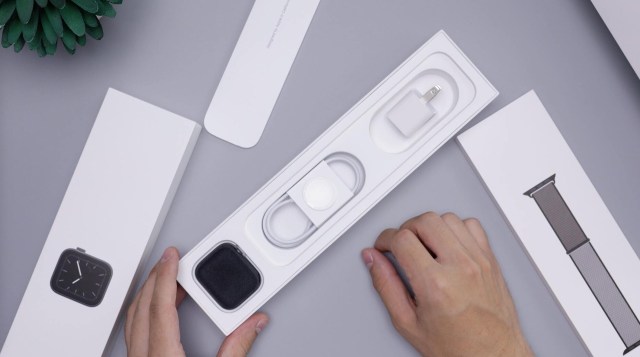
New research from the Australia Institute shows a European Union-style tax on plastic packaging could raise nearly $1.5 billion each year.
The analysis finds the federal government could raise $1,300 per tonne of ‘virgin’ or un-recycled plastic through a levy on businesses that import or manufacture plastic packaging.
“Australia is facing a growing tsunami of plastic waste and is expected to miss every recycling target it has set,” the Australia Institute’s Circular Economy & Waste Program Director Nina Gbor said.
“We’re recovering less than a fifth of the plastic waste used each year, with consumption expected to more than double to nearly 10 billion tonnes by 2050.
“If recycling was the solution to the plastic waste crisis, it would have been solved by now. Instead, it just encourages the production and consumption of even more waste that is choking our landfill and oceans.
“Unless we drastically reduce or gradually phase out plastics altogether, in favour of compostable materials, this plastic waste problem will continue to grow.”
The plastic tax is an initiative designed to create economic incentives for businesses and consumers to reduce their reliance on single-use plastics.
It encourages manufacturers and brand owners to explore alternative packaging materials for their products.
An EU levy introduced in 2021 requires member states to pay €800 per tonne of plastic packaging waste that is not recycled.
In Australian dollars, that equates to $1,300 per tonne. Given Australians go through 1.121 million tonnes of ‘virgin’ plastic packaging waste a year, the federal government could raise $1.46 billion through a user-pays levy.
Voters polled by the Australia Institute backed stronger measures to crack down on plastic waste.
Of the 1,002 people surveyed, 85% support legislated waste reduction targets for producers, suppliers and retailers.
A similar proportion back laws requiring plastic products to contain recycled material, while 78% endorse a ban on plastics that cannot be recycled in the curbside bin.
“We know that Australians support tougher action to curb plastic waste, and that taxes and schemes requiring producers to fund the collection and recycling of plastic they produce are working overseas,” Gbor said.
“Australia’s plastic consumption is increasing, not falling. The government needed to act yesterday and should start by following the EU’s lead.”
Comment below to have your say on this story.
If you have a news story or tip-off, get in touch at editorial@propack.pro
Sign up to the ProPack newsletter


